Date: 28 February 2014
In this report the NanoMarkets says it expects this market to reach $2.1 billion by 2019, compared with $1.0 billion in 2014. Smart glass sales for cars, trucks and public transport are currently dominated by electrochromic mirrors; a relatively mature business.However, the report predicts new revenue opportunities emerging for smart auto glass from active self-dimming windows, self-cleaning glass and self-repairing glass and especially from glass embedded with electronic and photovoltaic capability. Electrochromic mirrors account for 90 percent of smart auto glass revenues today, but this percentage will have dropped to 67 percent by 2019.
Key factors promoting the use of smart automotive glass include enhanced energy efficiency, safety, comfort and style. These factors are not new to the auto industry but ongoing technology improvements allow smart glass firms to better create value with their products.
For more information on the report see: http://nanomarkets.net/market_reports/report/ smart_glass_opportunities_in_the_automotive_industry_2014
About the report:
In the report, NanoMarkets analyzes opportunities available for the following categories of smart auto glass: self-tinting glass (electrochromic, photochromic, thermochromic and SPD), smart privacy glass, smart mirrors, self-cleaning glass, self-healing glass, device- embedded glass and retrofit window film. Addressable markets discussed include cars, trucks and various forms of public transportation.
The report includes eight-year forecasts of smart auto glass markets in volume (square meters) and value ($ million) terms. It also discusses adoption strategies for smart glass by major automobile/truck companies and the smart auto glass strategies of leading suppliers.
Firms covered in the report include: 3M, American Glass, Apple, ASG, Audi, AutoGlass, Balcony Systems, BASF, Bayer, BMW, Cardinal, Carlex, Chameleon Photochromic Smart Film, ChromoGenics, Corning, Dow Chemical, DuPont, Eastman Chemical/Solutia, GE, Gentex, Guardian, Hitachi, Hypho Technology, International Trading, Mercedes, NDFOS, NeoView Kolon, Nissan, NSG/Pilkington, Pleotint, PPG, Ravenbrick, Research Frontiers, Saint-Gobain, Samsung, Sage, Scienstry, Southwall, Solvay, Suntek, Toray, Transition Window Tint, SWITCH Materials, US e-Chromics, and View.
From the report:
Until recently – apart from electrochromic mirrors – smart auto glass consisted of passive self-tinting windows that adjusted to glare but provided no passenger or driver control so were of limited use. Passive self-tinting glass will continue to sell into the auto sector, but NanoMarkets expects that use of active thermochromic and SPD technologies that provide more control will grow and self-tinting windows will move beyond being just a design feature in expensive cars. As a result, the market for active self-tinting glass/ films will reach around $240 million by 2020.
Automotive windows have previously added intelligence with smart coatings such as electrochromic or self-cleaning materials. However, the latest generation of smart windows uses embedded electronics and photovoltaics as well. This trend is enabled by new solution processing techniques and thin-film devices and will add to the comfort and energy efficiency of cars. On-board photovoltaic capability can add to fuel efficiency by running lights and air conditioning. Windows and sunroofs can become soft cabin lights at night contributing to comfort and design appeal. Device-embedded auto glass is already available and is expected to become a $330 million market by 2020.
The report also notes that in the past “self-cleaning” and “self-healing” glass have really meant little more than short-lived wipe on coatings that facilitate washing off dirt or covering up scratches. New developments in advanced materials now hint at auto glass that actually self-repairs when cracked, while some glass firms look forward to when windshields will not need wipers. As a result, the market for self-healing and self-cleaning glass is expected to reach almost $420 million by 2020.
About NanoMarkets:
NanoMarkets tracks and analyzes emerging markets in energy, electronics and other area created by developments in advanced materials. The firm is a recognized leader in industry analysis and forecasts in smart glass and windows markets, which it has been covering for more than five years.
Visit http://www.nanomarkets.net for a full listing of NanoMarkets' reports and other services.
Contact:
Robert Nolan
NanoMarkets
(804) 938-0030
rob@nanomarkets.net

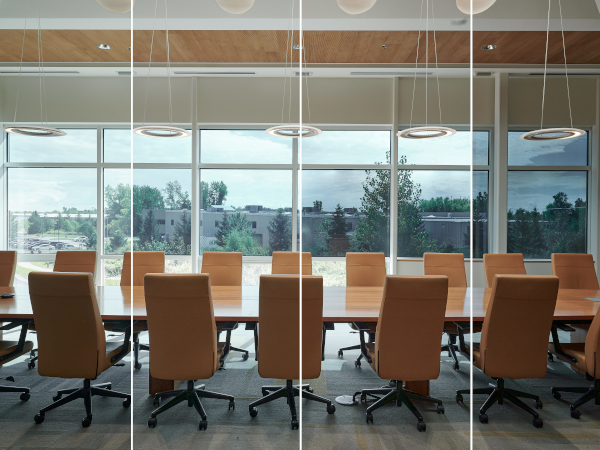
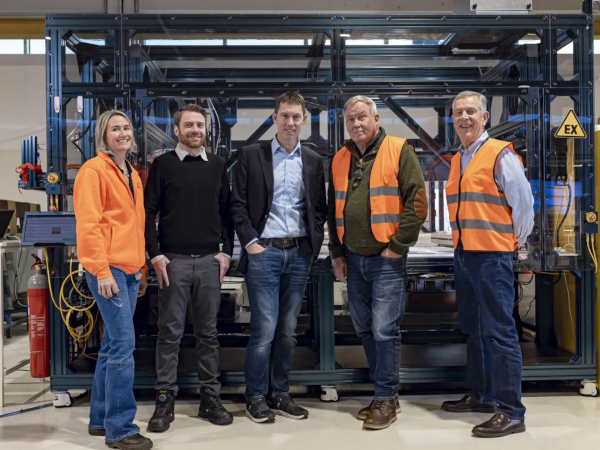
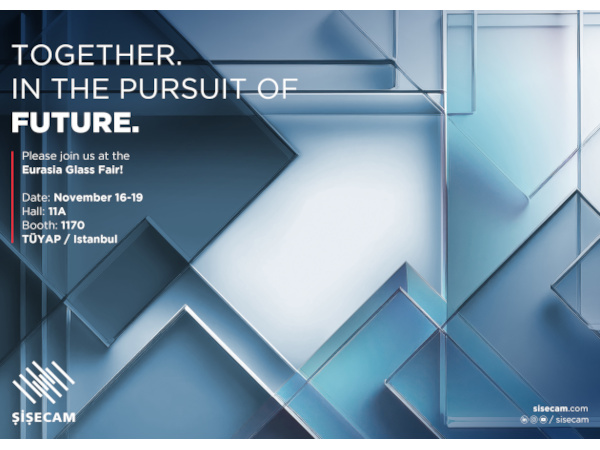
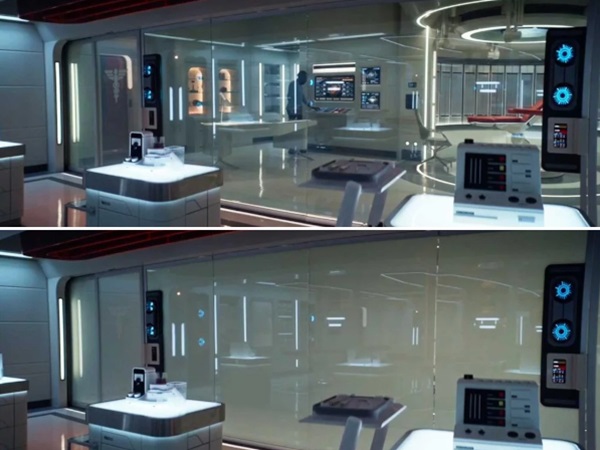
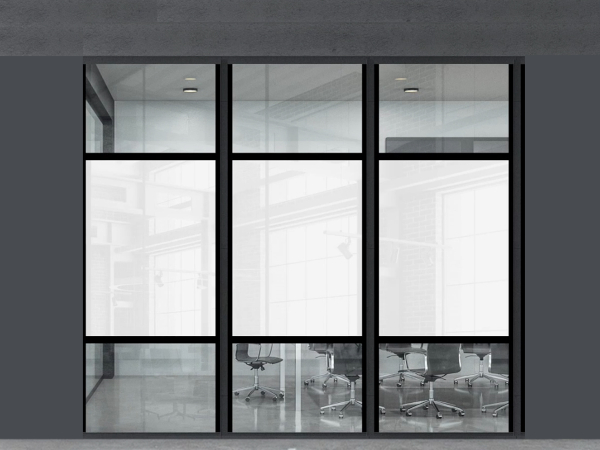
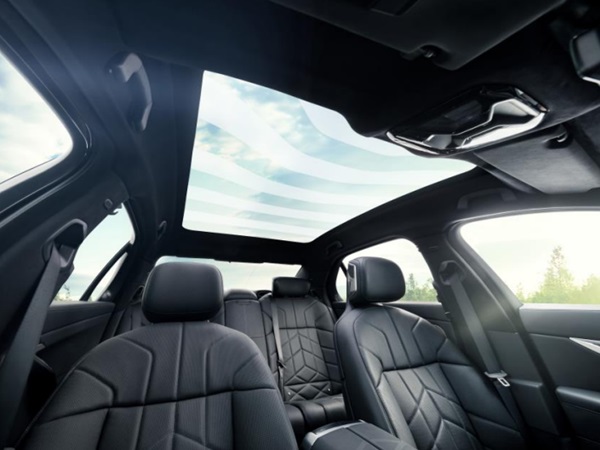



Add new comment